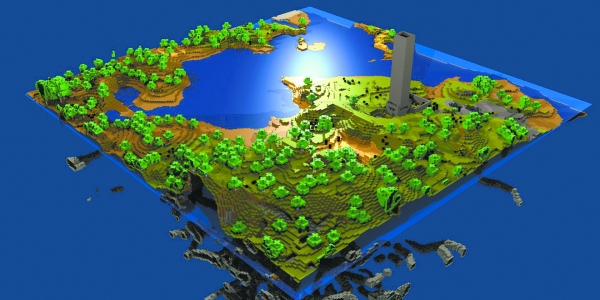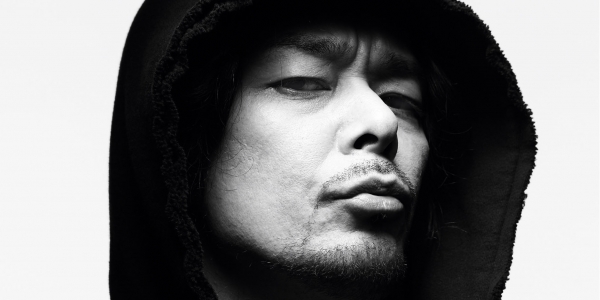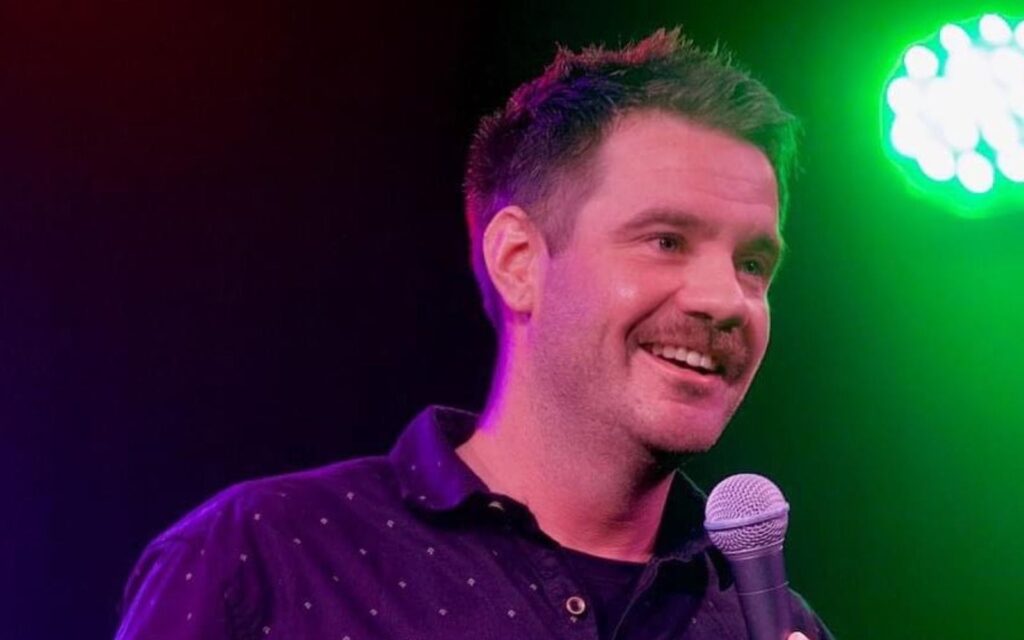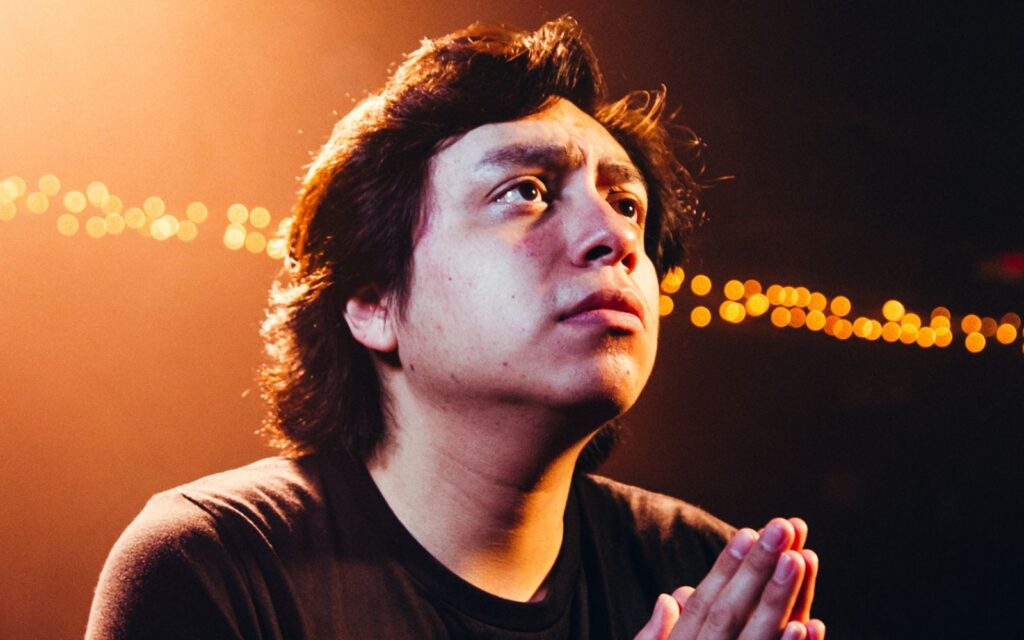Before the Best Of The Independent Games Festival 2011 exhibition – which will showcase titles such as Minecraft, Amnesia: The Dark Descent (if you haven’t heard of this game, just look up some of the video reactions of people’s playthroughs. Trust me), Bit.Trip Runner and more – I was due to speak with Minecraft creator and lead developer Markus ‘Notch’ Persson. As it turns out, the day of the interview proved to be a momentous one for Minecraft developer Mojang, with a changing of the guard resulting in programmer Jens ‘Jeb’ Bergensten taking over as lead developer. I caught up with Jeb to speak about the transition of power, his history as a programmer, and the state of independent games in general.
“I started working at Mojang one year ago. I was hired as a back-end developer for Scrolls (Mojang’s upcoming follow-up to Minecraft ), but moved over to Minecraft because it was a better fit,” Jeb reveals. As for his new role as lead developer, it looks like Jeb is up for the challenge. “I’ll continue to work on Minecraft as usual, but initially I will be alone on the project so progress will be slower than usual. Then we will try to implement a proper ‘mod API’ that will allow for a lot more content.”
The appeal of Minecraft lies in its tendency to feel more like a toy rather than a goal-based narrative, allowing users to be limited by only their imagination. It’s a notion that Jeb has always found appealing. “I fell in love with games as a little boy and was fascinated of creating them. I preferred games that came with level editors – for example, Lode Runner on the old Apple II – and I loved modding games when it was possible. Quite quickly I realised that I had to learn to program if I wanted to make my own games, so I became a programmer,” he states.
It seems that there are a hell of a lot of players out there who share Jeb’s passion for creation, with a multitude of mind-blowing creations within the Minecraft world appearing online all the time – including a fully-functioning 16-bit computer and a full-scale replica of the Enterprise, to name but a few. So which creations does Jeb count as favourites? “Oh, there are so many! There are new cool builds appearing on YouTube on a weekly basis,” he states in amazement.
It’s hard to comprehend just how big Minecraft has become in such a short amount of time, with millions of copies sold before the game even went out of Beta stage. “I think the biggest problem has been [how] to handle support,” Jeb states on the difficulties of becoming so large so rapidly. “We don’t want to hire too many people too quickly, but with many millions of users we get a lot of emails and support errands. We are still struggling with getting up to date with the support, but we’re getting there,” he offers. “I prefer to get feedback via Twitter, because the 140 character limit forces people to keep to the point,” he smiles. “When it comes to bugs I use the Minecraft wiki to get a summarised version of problems people may encounter.”
One of the biggest problems to beset independent game companies and the already-established giants alike is that of piracy. Mojang’s approach is a philosophical one it seems, as Jeb explains.
“Our strategy is to add value for our customers, such as online profile information and statistics - [which are] not activated for Minecraft yet, though. We are not interested in hunting pirates or add any digital rights management (DRM) that may cause problems for our legit customers,” he muses. And as for Minecraft‘s success, surely there have been offers from the major companies? “I let our CEO Carl Manneh, or our business developer Daniel Kaplan, handle them. Neither Notch or I are very good business people,” Jeb laughs.
The past few months have seen the release of Minecraft: Pocket Edition on Android and iOS platforms – a strategy which has paid off for many independent publishers. “[It] seems to work very well for some people, such as Adam Saltsman [Canabalt]. But in Mojang’s case Minecraft was already an established game before our mobile release,” Jeb states.
So which independent games should we look out for at the moment? “The most recent indie game I’ve played was Hyper Princess Pitch by Daniel Remar. It was awesome!” Jeb beams.
For those wanting to delve into the world of programming and independent game development, Jeb offers some parting wisdom. “My best advice is that you should simply do it, but it won’t be easy! Persistence and passion,” he smiles.







